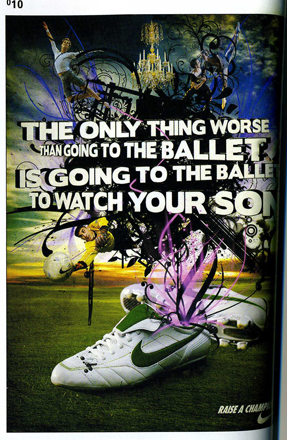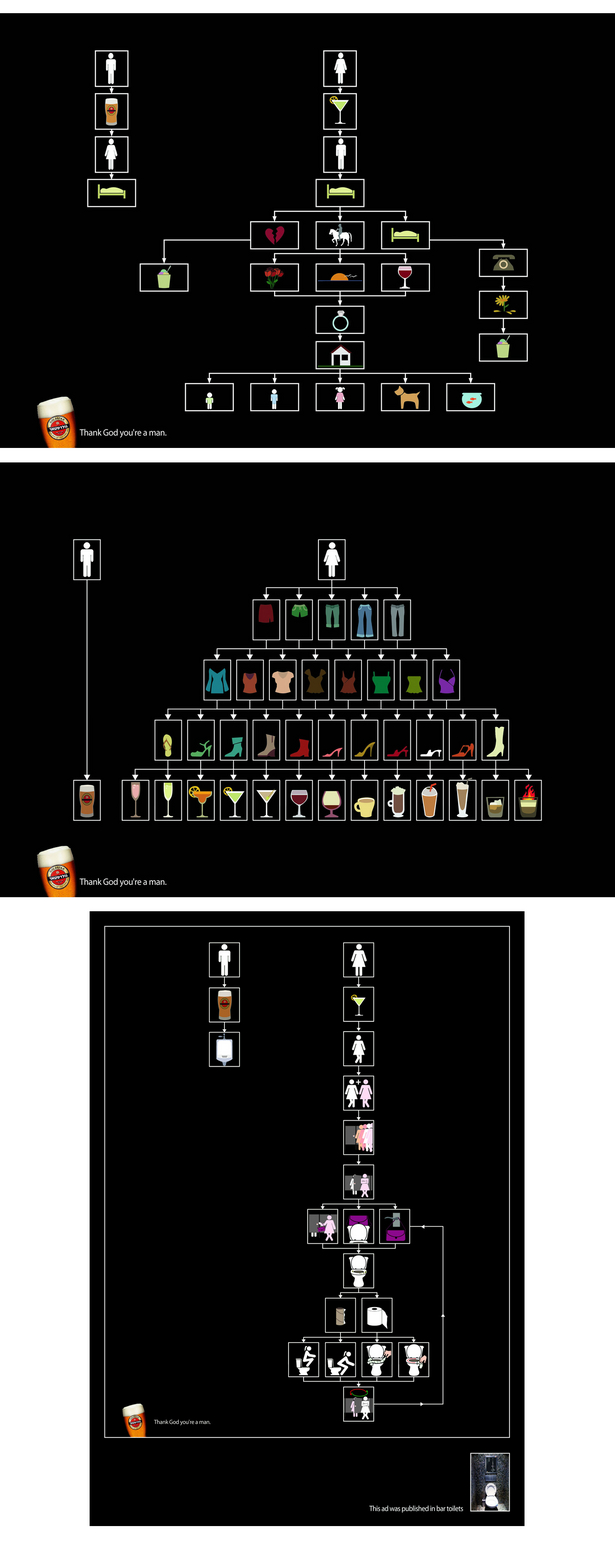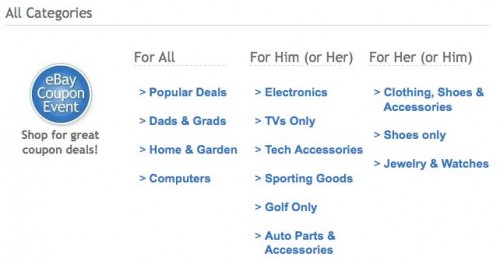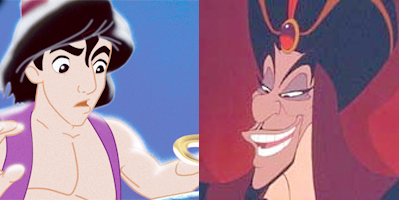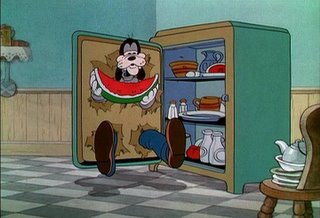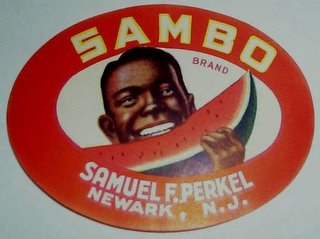Abby K. alerted us to this video from the New York Times about boys who cross traditional gender lines to compete on a double-dutch jump-roping team in Brooklyn:
Click here for the NYT article that accompanied the video.
It’s a good illustration of the pressures boys face to avoid anything defined as feminine, usually more than girls are told to avoid things that are masculine (which can sometimes make them cool). ZeAndre Orr’s mom tried to dissuade him from doing something that was for girls, other boys at school picked on him because of his involvement with double dutch, and of course there is the time-honored tradition of calling boys who participate in “girly” activities sissies. For many boys, the fear of such repercussions–particularly harassment by other boys–is enough to make them steer clear of things they might be good at or like doing. And yet, despite these pressures, both boys and girls do cross gender lines all the time…a fact we conveniently forget when we talk about gender in a way that implies that “real boys” just naturally like certain things and not others, for example.
The other thing this made me think about is the way that physical activities get defined as sports…or as something else. If jump-roping were in the “sport” category, it would be socially acceptable, even encouraged, for ZeAndre to take part. And there’s no particular reason I can see that double dutch is clearly not a sport–it requires stamina, physical skill, fitness, and excellent hand-eye coordination, and involves team competition. I’ll probably get myself yelled at here, but seriously, this looks like it has as much of a claim to be called a sport as golf does.
But much like competitive cheerleading, competitive jump-roping has not attained social recognition as an athletic endeavor. Some sociologists argue that physical activities that predominantly attract women tend to be defined as something other than sports simply because we associate athletics with men, not women. I’m not arguing about whether or not competitive jump-roping should be seen as a sport–I really don’t care–but you might use this video as a starting point for a discussion about why we define some activities as sports but not others, and how gender might play into this.
Back to the issue of the messages boys get that discourage them from doing things coded feminine, Nathan M. (see his truly awesome artwork at The House of Tomorrow) sent in a link to this Nike ad (found at gigposters), which makes it clear that parents are supposed to be horrified at the idea that their son would be in ballet:
Thanks, AK and Nathan!

